What Is PTSD?
Post-Traumatic Stress Disorder (PTSD) is more than just a response to trauma—it is a complex mental health condition that affects how the brain processes fear, memories, and emotions. Whether caused by combat, abuse, accidents, natural disasters, or other distressing events, PTSD disrupts daily life and can make even the simplest tasks feel overwhelming.
At The Hope Wellness Center, we recognize that trauma changes people, but we also believe in the power of healing. With the right support, evidence-based treatments, and compassionate care, individuals with PTSD can regain control, rebuild their sense of safety, and reclaim their lives.
How PTSD Rewires the Brain
PTSD is not just an emotional reaction—it is a neurological condition. Trauma alters brain function in key areas:
- Amygdala (Fear Center): Becomes hyperactive, causing excessive fear and anxiety.
- Hippocampus (Memory Processing): Shrinks, leading to difficulty distinguishing past trauma from present reality.
- Prefrontal Cortex (Reasoning & Decision-Making): Underperforms, making emotional regulation difficult.
This imbalance explains why PTSD symptoms persist, even when the traumatic event is long in the past. Understanding these changes is the first step toward recovery.
Signs and Symptoms of PTSD
1. Intrusive Memories
- Flashbacks that feel like reliving the traumatic event.
- Nightmares and distressing dreams.
- Uncontrollable thoughts about the trauma.
2. Avoidance and Emotional Numbing
- Avoiding places, people, or activities that trigger memories.
- Suppressing emotions and struggling to feel joy or connection.
- Withdrawing from loved ones or social activities.
3. Negative Changes in Thinking and Mood
- Persistent feelings of guilt, shame, or unworthiness.
- Difficulty concentrating or making decisions.
- Loss of interest in activities once enjoyed.
4. Hyperarousal and Reactivity
- Constantly feeling on edge or easily startled.
- Angry outbursts, irritability, or reckless behavior.
- Sleep disturbances, including trouble falling or staying asleep.
PTSD symptoms can appear immediately after a traumatic event or surface months or even years later. If these experiences sound familiar, seeking professional help can be life-changing. Learn more by visiting our contact page.
The Hidden Toll of PTSD
PTSD doesn’t just affect mental health—it takes a toll on the entire body. Chronic stress from PTSD has been linked to:
- Heart disease and high blood pressure.
- Chronic pain conditions such as migraines and fibromyalgia.
- Weakened immune function, making individuals more susceptible to illness.
- Gastrointestinal issues, including irritable bowel syndrome (IBS).
Understanding PTSD as a full-body condition underscores the need for a holistic treatment approach that supports both mind and body.
PTSD Treatment Options at The Hope Wellness Center
We believe in personalized treatment—because no two individuals experience trauma the same way. Our evidence-based PTSD treatments address both the emotional and physiological aspects of trauma recovery.
Trauma-Focused Therapy
Cognitive Behavioral Therapy (CBT)
CBT helps individuals identify negative thought patterns related to trauma and replace them with healthier, more productive coping strategies.
Eye Movement Desensitization and Reprocessing (EMDR)
EMDR helps reprocess traumatic memories using guided eye movements, reducing their emotional intensity and enabling the brain to heal.
Prolonged Exposure Therapy
Through controlled exposure to trauma-related thoughts and situations, this therapy helps individuals reduce avoidance behaviors and desensitize fear responses.
Medication-Assisted Treatment
Medications can be a valuable tool for managing PTSD symptoms, especially when combined with therapy. Options may include:
- SSRIs (Selective Serotonin Reuptake Inhibitors): Help stabilize mood and reduce intrusive thoughts.
- Prazosin: Can significantly decrease nightmares and improve sleep quality.
Holistic Healing Approaches
PTSD recovery extends beyond traditional therapy. We incorporate:
- Mindfulness and meditation to regulate emotions and reduce hypervigilance.
- Nutritional counseling to improve brain function and overall well-being.
- Exercise programs to decrease stress hormones and promote healing.
Why Seeking Help Is Essential
Many individuals with PTSD hesitate to seek treatment due to fear, stigma, or the belief that they should be able to “handle it” alone. But PTSD is not a sign of weakness—it’s a medical condition that requires professional care.
Without treatment, PTSD can lead to:
- Increased risk of substance abuse as a way to self-medicate symptoms.
- Strained relationships due to emotional withdrawal or outbursts.
- Higher rates of depression and suicidal thoughts.
Recovery is possible, and early intervention leads to better outcomes. Taking the first step toward treatment is an act of courage, not defeat.
FAQs About PTSD
1. Can PTSD go away on its own?
While some symptoms may improve over time, most individuals need professional support to fully heal.
2. How long does PTSD treatment take?
Treatment duration varies by individual, but many people see significant improvement within months of consistent therapy.
3. Is PTSD only caused by military combat?
No, PTSD can result from any traumatic event, including car accidents, domestic violence, assault, or sudden loss.
4. Can PTSD be completely cured?
Many people experience full recovery, while others learn to manage symptoms effectively with long-term coping strategies.
5. Does insurance cover PTSD treatment?
Most insurance plans cover therapy and medication for PTSD. Contact us to verify your coverage.
Reclaim Your Life from PTSD
Trauma does not define you—your strength and resilience do. At The Hope Wellness Center, we are dedicated to helping individuals break free from the grip of PTSD through compassionate, research-backed treatments.
You don’t have to go through this alone. Visit our contact page to take the first step toward healing today.










